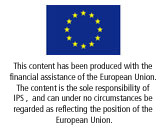By Zofeen Ebrahim
KARACHI, Jun 14 (IPS/TerraViva) – In the summer heat, fresh mangos are the fruit of choice for politicians seeking to exchange favours with foreign dignitaries. But when it comes to global trade, the prospects of the so-called king of fruit are limited.
Pakistan produced an impressive 1.7 million tonnes of mangoes last year, making it the third largest producer. But only 130,000 tonnes reached foreign markets.
While experts believe Pakistan could export 35 to 40 percent of its total produce, horticulture has never been high on the government’s agenda and little support is offered to farmers.
Braving the elements
Among Farid Khan Khakwani’s greatest fears are the earth, wind, water and the cold.
Responsible for 200 acres of land in Shujabad in the Punjab, a region recognised globally for the quality and wide variety of its mangos, his life depends on the smooth transition of the seasons.
“Last year I thought I had a bumper crop and just a week before the fruit was to be harvested, strong winds blew and both the ripe and unripe fruit fell from the trees. From two million mangoes I was left with less than 800,000 of marketable fruit,” Khakwani told IPS.
Wildly fluctuating temperatures, changed rainfall patterns and inexplicably strong winds are taking farmers by surprise and taking their toll on the mango.
Experts say the crop yield will be 25 to 30 percent less this year. Many blame the adverse weather conditions.
“There was an unusually extended winter and during late February 2012 we experienced frostbite. That is the time when the buds begin to blossom,” said Khakwani, who inherited the 40-year-old farm from his father some 13 years ago.
Supporting farmers
Realising the potential in the sector, the U.S. government has pledged to strengthen mango harvesting and exports overseas.
The focus is on “creating market linkages, developing on-farm infrastructure, assisting farmers to achieve international certifications, providing trainings on pre and post-harvest practices and working in mango value addition,” said Dr. Waqar Ahmed, horticulture advisor and expert in mango cultivation.
Over the course of the USAID Firms Project, 4,500 farmers and exporters have received training and 14 mango farms have been set up with modern processing and storage facilities.
Ghulam Sarwar Abro, a farmer in Kotri in Sindh Province, has learned many new things from the training. In three years he has received global certification and is set to export his mangos to Europe.
“We never kept pace with the modern methods of farming. I did not know I could spray micronutrients onto the trees to provide the tree nutrition; instead I used fertiliser in the soil,” he said.
But pruning was the first task Abro undertook after meeting USAID experts.
“We were proud of the height our mango trees would attain, not realising it was only going to give less yield. We never realised old giants need more nutrition and still remain hungry,” he told IPS.
New knowledge helped save his mangos, as strong winds swept the fruit from his trees, “Because mine were already at a lower height and thin, wind could pass through easily and my fruit was unharmed.”
Government shortcomings
Failure to adhere to basic plant health requirements and the subsequent trade barriers leave little incentive for exporters, according to Ahmed.
The Pakistan National Accreditation Council and the Department of Plant Protection responsible for these regulations are resource-stretched.
“So much time, effort and money is spent holding seminars and mango galas, if half of it was put in promoting market linkages and collaborative trade through Pakistan trade attaches abroad, it would pay dividends,” insists Ahmed.
But it is the poor farmer who has least to gain in the faulty agricultural marketing system.
The risk-aversion policy adopted by farmers due to the weather compels them to sell their mangos at low rates, whilst traders sell the fruit in local markets for nearly four times the price.
While the government subsidises fertilisers and agrochemicals for manufacturers, subsidies are not provided to farmers despite the cost of production having increased manifold.
Every agricultural university across Pakistan has a horticulture department fitted with state of the art laboratories and libraries continuously conducting research into cash crops.
“But the transfer of knowledge to the farmer is negligible,” Ahmed said.



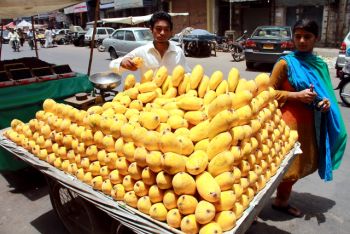
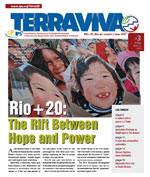
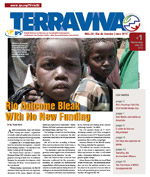
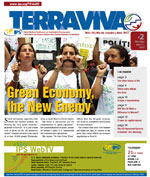

 Add to Google
Add to Google




